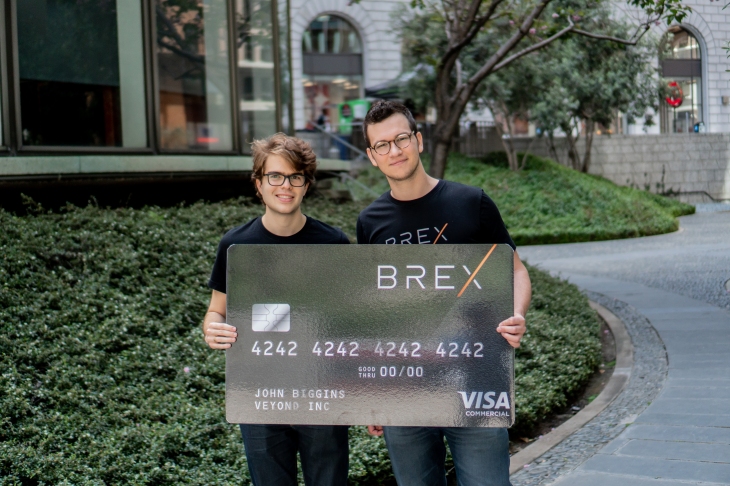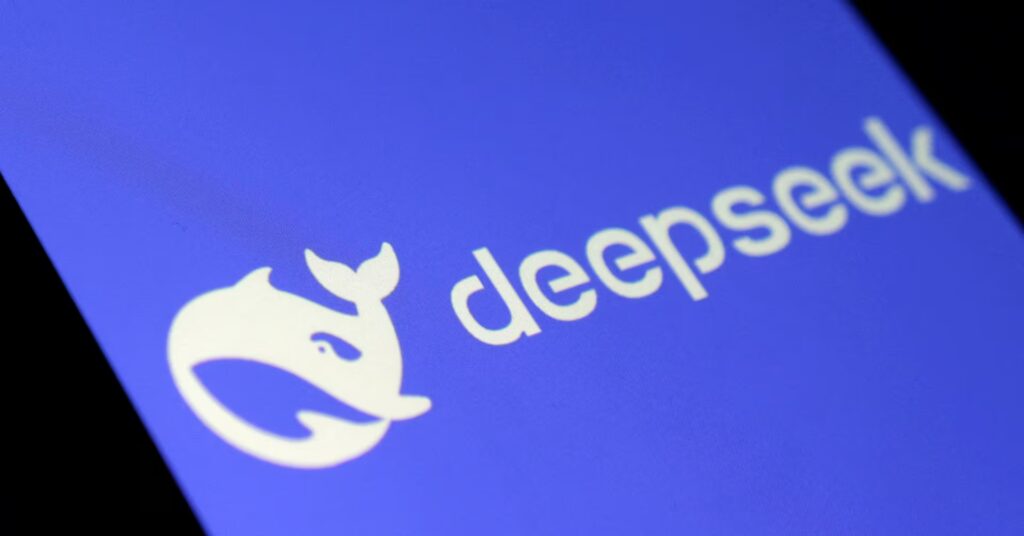Brex, a fintech company, was already a success story, having expanded by 200% in the previous year to serve over 200,000 businesses of all sizes. It has been recognized as a cutting-edge alternative to the 40-year-old Silicon Valley Bank by providing a financing platform for rapidly expanding businesses. In the wake of SVB’s failure, Brex has attracted billions of dollars in deposits from thousands of disgruntled ex-SVB customers.
As an alternative to traditional corporate credit cards, Brazilian-born Henrique Dubugras and Stanford dropout Pedro Franceschi founded Brex in San Francisco in 2017. After creating one of Brazil’s largest payment processors (Pagar.me), the founders of Brex had the notion to bring together financial products and software.


After the creators’ failed attempt to get a credit card to launch and fund their initial idea for a virtual reality firm, they came up with the concept for Brex while participating in an accelerator program at Y Combinator.
This startup was created to alleviate a problem faced by founders who required credit to pay for startup costs, manage cash flow, and keep tabs on expenditures. Brex is setting itself apart from the competition in the corporate card market by tailoring its services to rapidly expanding companies.
Fintech offers adjustable credit limitations
The fintech company provides flexible credit limits based on customers’ cash flow and sales, as well as advanced expenditure control tools and founder-specific rewards like mentoring and masterclasses.
While this year’s No. 28 disruptor on the Disruptor 50 list, Stripe, revolutionized the online collection of client payments, Brex capitalized on a gap in the market between businesses. Credit card use is less common in the B2B sector than in the consumer sector. Despite the convenience of credit cards, checks are still the preferred method of payment for business-to-business (B2B) transactions.
Card usage is at only around 4%, in part due to business hurdles in access, onboarding, and limited utility. The company was able to attract 20,000 users in under three years since the product was well-suited to the market.
Financial efficiency to achieving profitability is the new priority after raising $1.2 billion in venture funding, including $300 million in early 2022 at a $12.3 billion value in a rush for expansion over profitability. In October of 2022, Brex laid off 11 percent of its workforce.
Interchange fees on transactions using Brex’s corporate credit card used to account for the bulk of the company’s revenue. In a strategic move last June, Brex shifted its focus from working with startups and low-capital firms to software, subscriptions, and larger businesses. Meanwhile, Ramp, a well-funded fintech firm, is following Brex into the small business sector with solutions that are quite similar to Brex’s.
About Brex Empower
Brex Empower, a financial software platform, and expenditure management application, was released last year with the intention of appealing to the broader enterprise market. It also acquired Pry Financials, a 10-person platform with budgeting, accounting, and forecasting solutions, for $90 million. Brex also expanded internationally and now works with clients in over a hundred different nations.
The company also made some changes in the past year by forming an alliance with the startup accelerator Techstars to gain early access to Techstars’ promising new ventures. Catharsis was developed by Brex and digital healthcare firm Spring Health (No. 16 on this year’s Disruptor 50 list) to aid in the mental health of business founders.
FAQs
Brex Cash accounts are not bank accounts. Instead, they are cash management accounts that FINRA-registered broker-dealer Brex Treasury offers. These accounts work very much like a business bank account.
Albania
Algeria
Antigua and Barbuda
Argentina
Armenia
Australia
Austria
Bahamas
Bahrain
Bangladesh
Belarus
Belgium
Belize
Bermuda
Brazil
Bulgaria
Cambodia
Cameroon
Canada
Cayman Islands
Chile
China
Colombia
Costa Rica
Cote d’Ivoire
Croatia
Cyprus
Czech Republic
Denmark
Dominica
Dominican Republic
Ecuador
Egypt
El Salvador
Estonia
Ethiopia
Finland
France
Georgia
Germany
Ghana
Gibraltar
Greece
Guatemala
Haiti
Honduras
Hong Kong
Hungary
Iceland
India
Indonesia
Ireland
Israel
Italy
Jamaica
Japan
Jersey
Jordan
Kazakhstan
Kenya
Kuwait
Latvia
Lebanon
Liechtenstein
Lithuania
Luxembourg
Malaysia
Malta
Mexico
Montenegro
Morocco
Nepal
Netherlands
New Zealand
Nicaragua
Nigeria
Norway
Pakistan
Panama
Paraguay
Peru
Philippines
Poland
Portugal
Qatar
Romania
Russia
Rwanda
Senegal
Serbia
Sierra Leone
Singapore
Slovakia
Slovenia
South Africa
South Korea
Spain
Sri Lanka
Sweden
Switzerland
Taiwan
Tanzania
Thailand
Togo
Trinidad and Tobago
Tunisia
Turkey
UAE
Uganda
Ukraine
United Kingdom
Uruguay
Uzbekistan
Vietnam
Zambia




